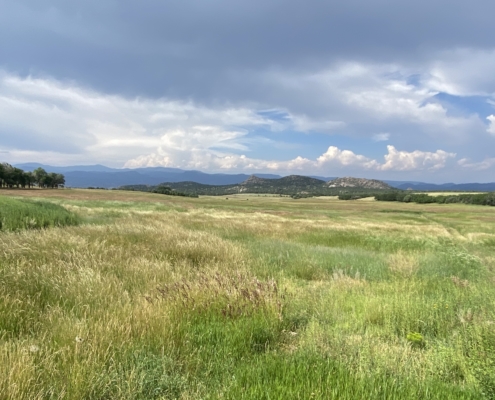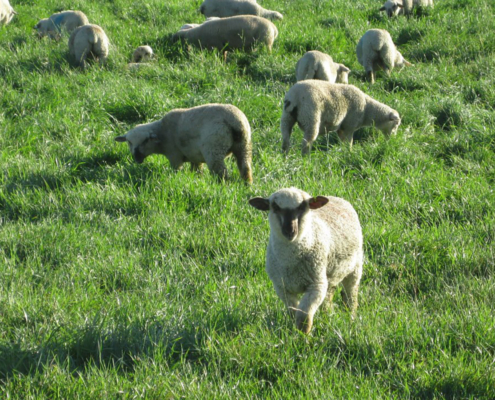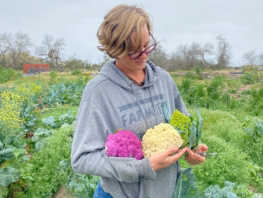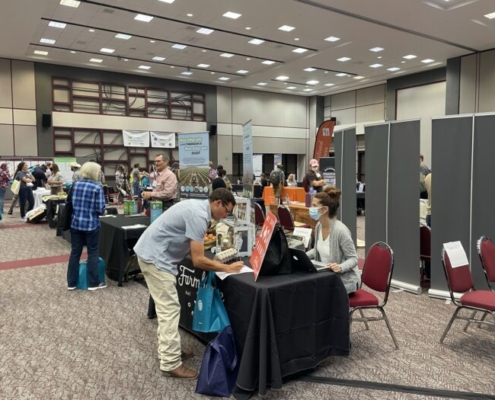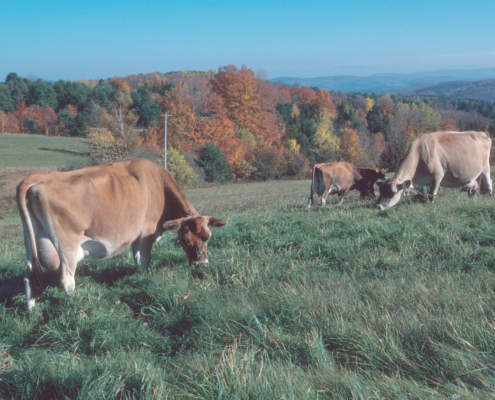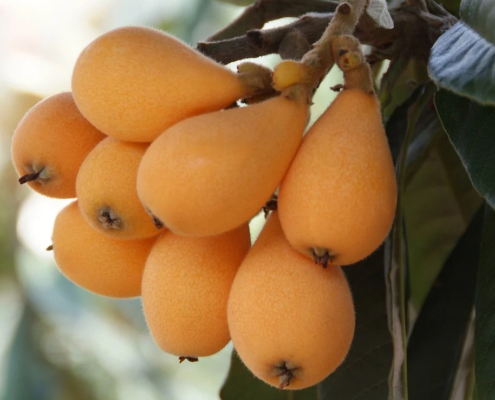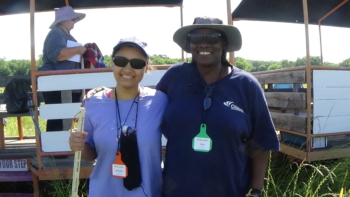![]()
ATTRA Blog
Whether you’re a seasoned or beginning producer, a curious consumer, or simply someone who appreciates the bounty of the earth, you’ll find valuable insights and engaging stories here.
Written by ATTRA specialists on topics they are passionate and knowledgeable about, the ATTRA blog highlights techniques, how-tos, insight, success stories, and much more in support of sustainable agriculture.

